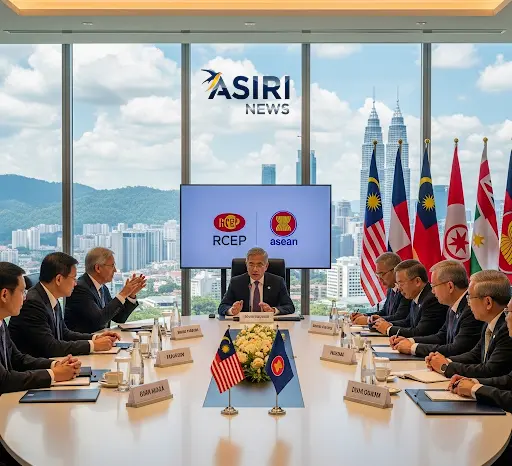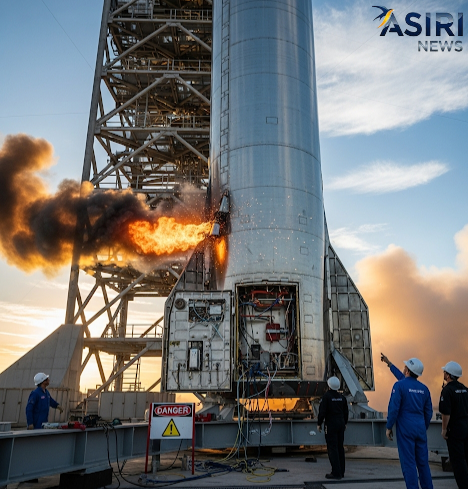In a powerful declaration of Asia’s commitment to multilateralism, Malaysia has announced it will host a summit for the Regional Comprehensive Economic Partnership (RCEP), the world’s largest trade bloc, in October 2025. The summit will be held alongside the annual ASEAN leaders’ meeting, with Malaysian Prime Minister Anwar Ibrahim signaling a determination to “take stock, to accelerate implementation, and to demonstrate that Asia can still lead the cause of openness even as others turn inward.” This series of high-stakes meetings is poised to reinforce Malaysia’s role as a regional trade leader and solidify Southeast Asia’s strategic economic integration.

The RCEP agreement, which came into force in 2022, is a free-trade pact involving all ten ASEAN member states, as well as Australia, China, Japan, South Korea, and New Zealand. It covers approximately 30% of the world’s population and global GDP. Its primary objective is to create a unified and modern economic partnership by streamlining and amalgamating the numerous existing bilateral agreements between these nations. This is expected to eliminate tariffs on over 90% of goods over the next two decades, as well as simplify customs procedures and establish a single set of rules for trade and investment across the region.
A key benefit of the agreement is the harmonization of rules of origin, which makes it easier for companies to integrate their supply chains across the region. Instead of navigating multiple, complex regulatory environments, businesses can now operate under a single framework, reducing costs and increasing efficiency. Economists project that RCEP could add more than $200 billion annually to world incomes by 2030, with significant gains for major economies like China and Japan, as well as for Malaysia, Thailand, and Vietnam.
As the current chair of ASEAN, Malaysia is taking the lead in pushing for a more robust implementation of RCEP. Prime Minister Anwar has stated that the agreement must not “remain a legal text on paper,” but must be infused with renewed political energy to combat the rising tide of global protectionism. The summit also coincides with the conclusion of negotiations for the ASEAN-China Free Trade Area (FTA) 3.0, which will be presented to leaders at the meeting. This move underscores Malaysia’s commitment to deepening regional cooperation and positioning Asia as a stabilizing force in an increasingly fragmented world.



